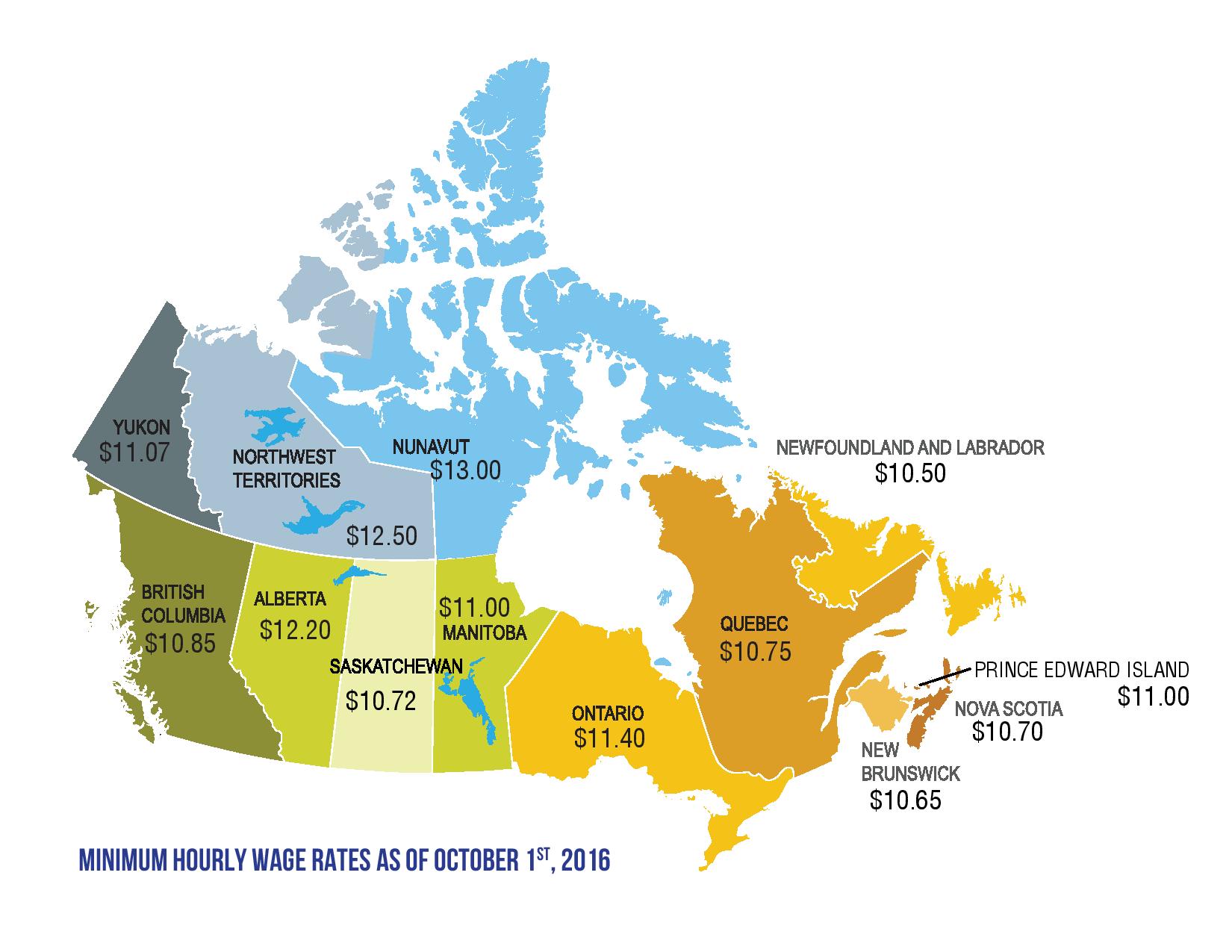Minimum wage expected to increase to $15 per hour by 2019
By Diego Flammini
Assistant Editor, North American Content
Farms.com
Jeff Leal, Ontario’s Minister of Agriculture, issued the following statement to Farms.com in response to the minimum wage increase proposed by Premier Kathleen Wynne on Tuesday:
"Our government recognizes that people across Ontario are feeling less secure, that some are no longer able to count on their job to provide for themselves and their family and that many workers are in unstable positions with unreliable hours or pay.
“In response to those concerns, my colleague the Minister of Labour announced a range of measures that will help protect Ontario workers and help them get ahead in a changing economy. This includes raising the minimum wage and introducing paid sick days which will help alleviate poverty in communities across the province, including rural Ontario.

“While I agree that this is good public policy for the province of Ontario, I also recognize the very real challenges faced by our agri-food as sector as they produce and make the good things that grow across the province. I am particularly aware that our agriculture sector will encounter challenges that reflect the unique nature of the work our farmers do and the environment in which they operate.
“Our government has a proven track record of working with and for Ontario's agri-food sector, and we remain committed to helping farmers and food processors remain competitive and a key driver of our economy.
“I will continue to be a strong voice for the interests of Ontario's farmers and food processors to ensure that they are able to continue to grow and remain competitive."
Minimum wage in Ontario is expected to increase to $14 per hour by the end of 2018 and to $15 per hour by the end of 2019, the Ontario Government announced on Tuesday.
Others within the agriculture industry echoed some of Minister Leal’s sentiments.
“It’s very concerning,” Neil Currie, general manager of the Ontario Federation of Agriculture, told Farms.com Tuesday. “Abattoirs and food and beverage manufacturers are going to struggle.”
As of October 1, 2016, the highest minimum wage in Canada is $13.00 per hour in Nunavut, according to the Retail Council of Canada. The lowest minimum wage is $10.50 per hour in Newfoundland and Labrador.

Photo: Retail Council of Canada